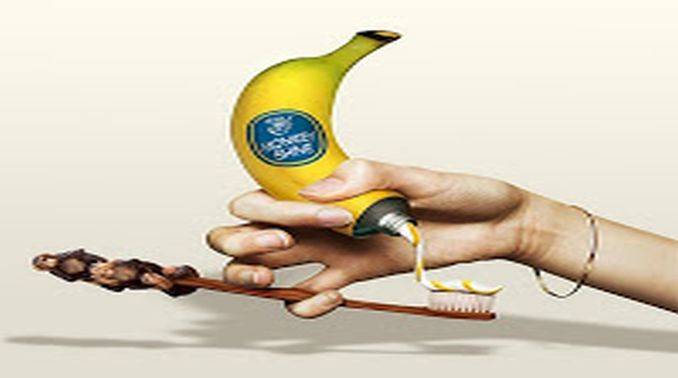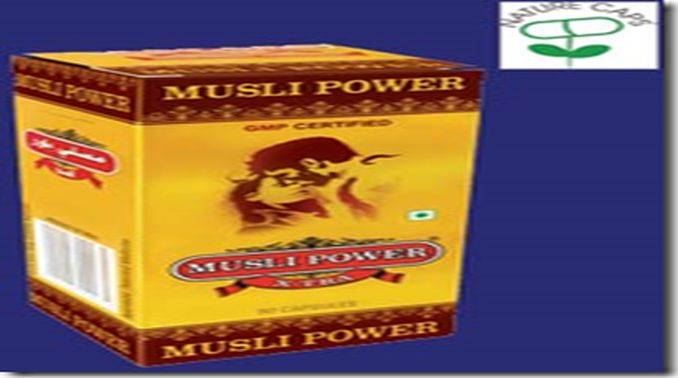First Publication Date: 8th December 2010. Section 13 of the Indian Patent Act requires the Examiner, to whom an application for a patent is...
Read more about A Conduit for INVALID PATENTS – Section 13(1)(b)Tag: Patent
Mitigating Patent Risks
First Publication Date: 7th December 2010 This is in furtherance of the post "Assessing patent risk in India". Mitigation and management of patent...
Read more about Mitigating Patent RisksGreatest Path-Breaking Invention!
First Publication Date: 2nd December 2010. Since the Neanderthal age man has been on a perpetual quest to improve its living conditions which has made...
Read more about Greatest Path-Breaking Invention!Traditional Knowledge: Use or Misuse?
First Publication Date: 28th October 2010. Misuse of traditional knowledge and measures to prevent the same have been attracting attention since the turmeric patent...
Read more about Traditional Knowledge: Use or Misuse?Patent Exhaustion in India
First Publication Date: 7th October 2010 A patent grants the Patent holder exclusive rights to prevent others from making, using, selling, offering for...
Read more about Patent Exhaustion in IndiaIndian Herbal Viagra Receives Patent Grant
First Publication Date: 5th October 2010. Kunnath Pharmaceuticals, Kerala recently received a patent for their product, Musli Power Xtra, an Indian herbal aphrodisiac for men...
Read more about Indian Herbal Viagra Receives Patent GrantPatentability of scientific principles and natural relationships in the light of Laboratory Corp. v Metabolite
First Publication Date: 2nd October 2010 Introduction The scope of patentable subject matter in USA can be considered to be the broadest in the world....
Read more about Patentability of scientific principles and natural relationships in the light of Laboratory Corp. v MetaboliteBilski’s Invention Falls, Business Methods Survive
First Publication Date: 29th June 2010 The much awaited Bilski decision has been pronounced by the US Supreme Court (Bilski v. Kappos). This closely watched...
Read more about Bilski’s Invention Falls, Business Methods SurviveAnother Patent Granted Over Medicinal Value of Cow’s Urine
First Publication Date: 24th June 2010. A patent was granted to CSIR with respect to a composition useful for protecting and/or repairing DNA from...
Read more about Another Patent Granted Over Medicinal Value of Cow’s UrineIP in Everyday Life – Godrej Tribolt
First Publication Date: 27th May 2010 I noticed this Godrej Tribolt lock (which can be seen below) carrying prominent notices about the...
Read more about IP in Everyday Life – Godrej Tribolt






